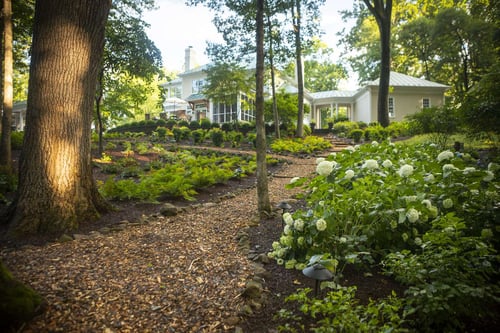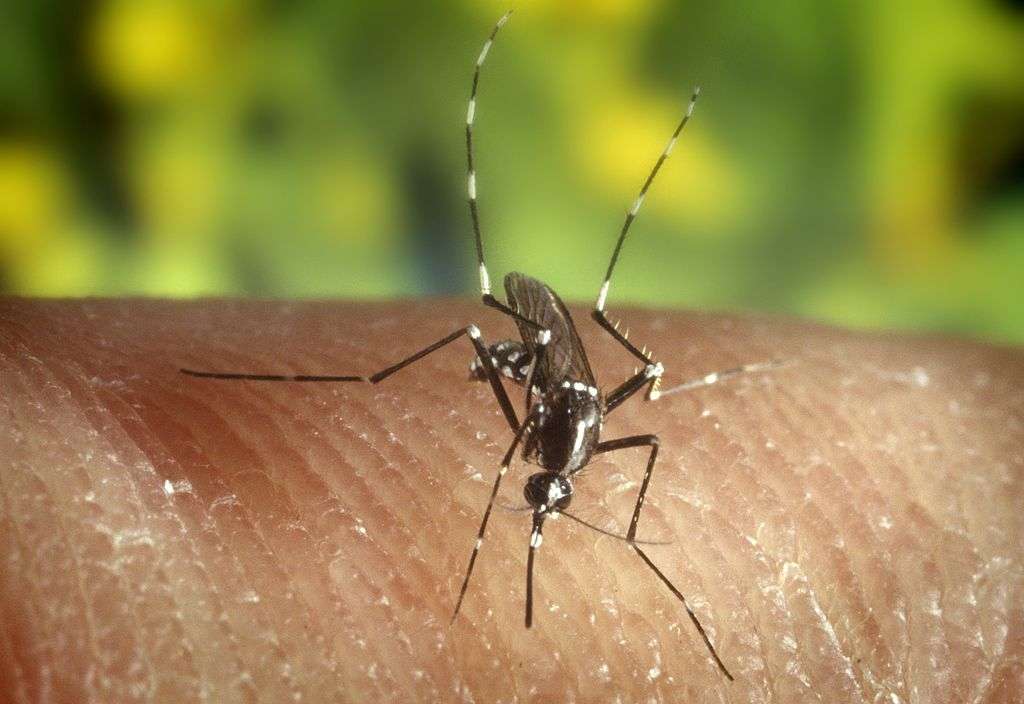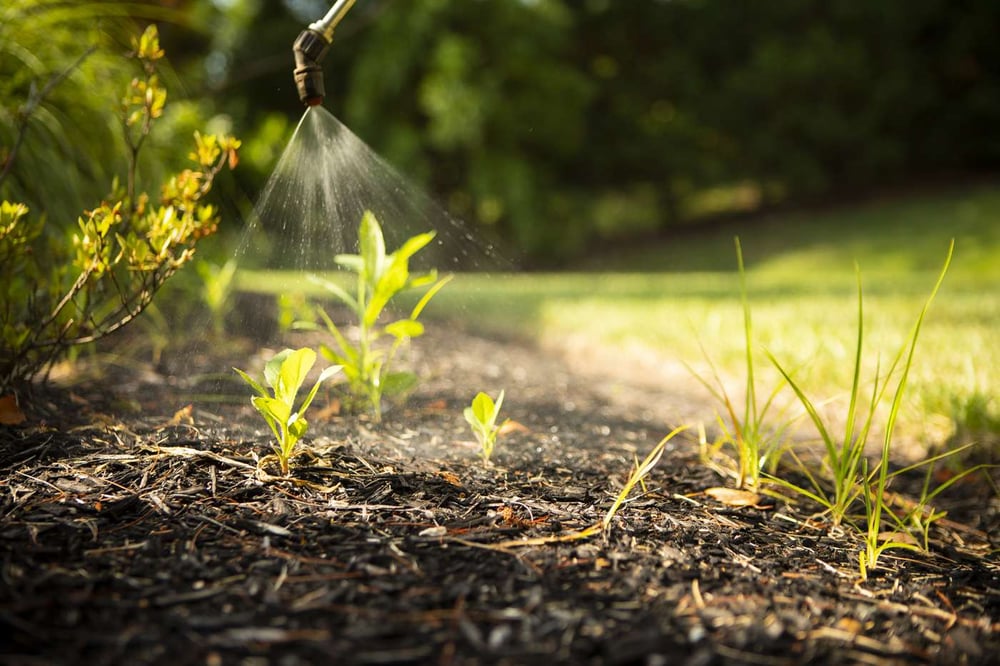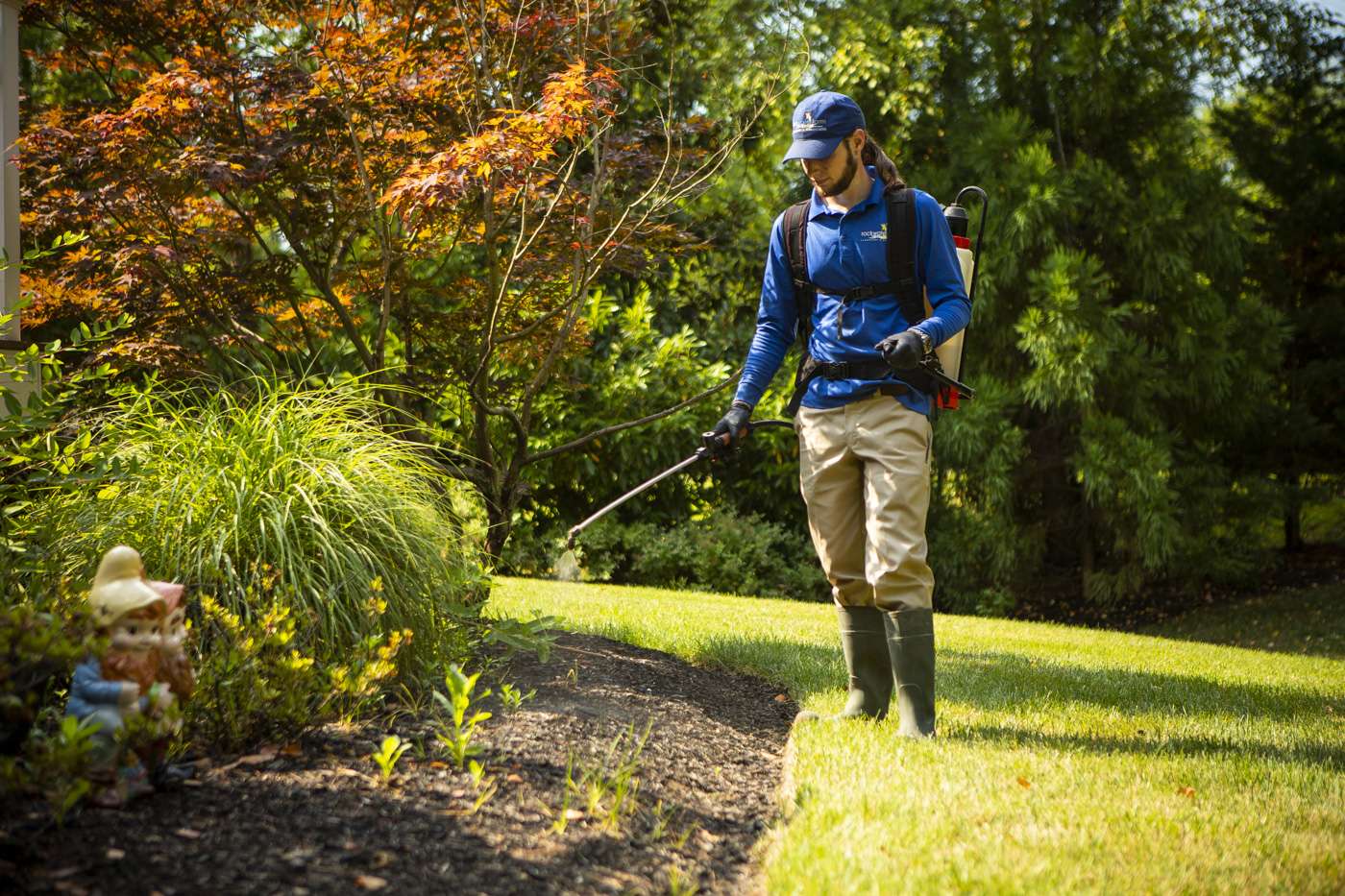 Mild winters might be nice if you’re someone who doesn’t like the cold but they can definitely have an impact on your South Riding, VA landscaping in a variety of ways—some of which you might deem problematic. Being “ahead of schedule” may not only mean early grass growth and early blooming of some of your landscape plants, but it can also mean the unwanted appearance of weeds and pests.
Mild winters might be nice if you’re someone who doesn’t like the cold but they can definitely have an impact on your South Riding, VA landscaping in a variety of ways—some of which you might deem problematic. Being “ahead of schedule” may not only mean early grass growth and early blooming of some of your landscape plants, but it can also mean the unwanted appearance of weeds and pests.
We’ll get into more specifics about what this means by answering some of the questions you might have as well as providing some landscape maintenance tips to keep in mind following an unseasonably warm winter.
Does a Warm Winter Mean More Bugs?
One of the questions that we get asked most often is Does a mild winter mean more bugs? Nobody wants to see a rise in the number of unwanted pests on their property and they often wonder if the lack of any hard freezes will contribute to an increase in these issues.
The simple answer is, yes.
That’s because when temperatures drop, particularly below zero, many pests die off. But a mild winter leaves more insects active and alive—causing you a headache if you find pests feeding on your trees and shrubs that shouldn’t even be active yet.
Addressing an Early Onset of Ticks and Mosquitoes, Too
Does a warm winter mean more bugs—specifically ticks and mosquitoes? The answer to this is also yes. Unfortunately, these dreaded (and potentially dangerous) pests can make an early arrival in South Riding, VA following a mild winter.

In general, the Northern Virginia climate and environmental conditions make it an ideal habitat for these pests during the regular tick and mosquito season. When winters are warm, this season starts even earlier. And because of this, according to the Centers for Disease Control (CDC), tick-borne illnesses are on the rise—particularly in Virginia.
Sadly, the CDC reports that disease cases from ticks and mosquitoes have tripled in the last 13 years and nationwide and Virginia is one of the hardest-hit states. In 2018, there were 744 confirmed cases of Lyme disease in Virginia, but that’s not counting all of the cases that go unreported.
The data is similarly grim for mosquitoes.
This warrants being diligent about tick and mosquito protection. Here are some helpful prevention tips to keep in mind.
- Be diligent about emptying standing water from containers, pool covers, wheelbarrows, kiddie pools, and other areas where it has collected. Stagnant and still water is needed for the development of mosquito larvae which will turn into flying (and feeding) adults.
- Maintain a regularly mowed lawn since these pests prefer tall, grassy areas. Make sure to keep your property clear of debris so that rodents and pests won’t find areas to hide. In addition, clearing underbrush can also keep pests away.
- If your property has areas with groundcover or wood piles that you don’t want to eliminate, make sure to wear protective clothing (long sleeves and pants) when working in these areas. Also, make sure that these areas are appropriately treated when working with a tick or mosquito company.
- If you have pets, you should also follow veterinarian recommendations to protect your pet against pests. Even if you are Spraying for ticks and mosquitoes at your home, you should still treat your pet for even more protection.
The use of organic tick and mosquito spray on your property is also an essential step in protecting your family.
Does a Mild Winter Mean More Weeds in Plant Beds?
When it comes to landscape maintenance, weeds are likely a thorn in your side. Your plant material may have already started blooming—but weeds are actively growing as well. That can detract from the neat and tidy look that you’re trying to achieve.

Unfortunately, when it’s been a mild winter, weed growth is not only going to get started earlier but growth will likely be more aggressive, too. This might mean that your landscaping company will need to start their plant bed maintenance services (typically part of “spring clean-up”) a little earlier than usual. Getting a handle on weeds before they can spread too much is important.
Caring for Early Tree & Shrub Growth
When spring weather “starts early,” you might find that some of your plants are already coming out of dormancy. This is something that your landscape company should be paying attention to—including those plants’ watering and pruning needs. For instance, many perennials and ornamental grasses can begin growing rapidly in early spring, and they may require cutbacks.

Depending upon the circumstances, it may mean adjusting your landscape company’s normal routine and starting treatments and services early.
A professional landscaping service that partners closely with customers will also provide cultural landscaping tips on anything that you should be aware of in terms of shrub and tree care.
Let Rock Water Farm Help You with South Riding, VA Landscaping Tips
At Rock Water Farm, we are committed to keeping up with spring landscaping needs, no matter how weather might impact them. We’re always keeping an eye on how weather is playing a role in the tasks that we’re performing—as well as the cultural recommendations and landscaping tips that we’re providing clients.

Unfortunately, this is not how all South Riding, VA landscape companies operate.
Many fail to perform vital services or don’t adjust their timing as needed. That could mean that you end up spending your weekends “catching up” on their mistakes. You shouldn’t have to spend time babysitting a landscape company when you’ve hired them to handle your worries for you! You deserve to have all of your needs met, even when springtime weather comes early.
When you put your landscape maintenance services in the hands of Rock Water Farm, you’ll not only free up your time but you’ll gain peace of mind that all of your South Riding, VA landscaping needs are being met. That’s ultimately the peace of mind that you deserve.
If you are ready to work with Rock Water Farm for your landscaping needs at your South Riding, VA home, talk to an expert, choose a solution that rocks, and then enjoy your yard and relax.
Image sources: mosquito,




%20Facebook%202025-03-17%20at%201.11.44%20PM.jpg)


